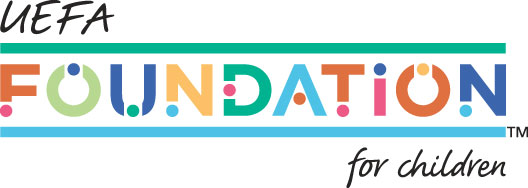Inclusive sport for children in Bangladesh with the UEFA Foundation
Handicap International (HI) and the UEFA Foundation are partners in the project "Inclusive Sports for Development" which allows 800 children, including 400 children with disabilities, to participate in inclusive educational and sports activities, in the districts of Mymensingh and Tangail in Bangladesh.

Inclusive sport in Bangladesh | © HI
Thanks to the UEFA Foundation, Handicap International (HI), with its local partners, launched on October 1st 2018, the project "Inclusive Sports for Development" to improve the social participation and education for boys and girls with disabilities in Bangladesh, in the districts of Mymensingh and Tangail.

Project content
This project aims to contribute to the educational and social inclusion of disabled and non-disabled children in Bangladesh. School-based and child-led inclusive sport and leisure activities will be a great opportunity for boys and girls with and without disabilities to explore their potential, interact with each other in a safe environment, and challenge social barriers.
Parents and caregivers along with school teachers will facilitate the creation of a better environment through sports clubs for children with disabilities, girls in particular, to promote their physical and psychosocial well-being.
A strong link between the local partners and the government sports department will be established. The involvement of the school management committee and the participation of parents will contribute to the sustainability of the activities.
An educational and inclusive project
This project aims to include 800 children, including 400 children with disabilities and 200 girls with disabilities. More than 400 health workers, 30 regular teachers and 20 sports coaches are also trained in appropriate caregiving for children with disabilities and in adapting and facilitating inclusive sport.
The project's objectives
• To give children with disabilities increased functional autonomy, access to inclusive sport and leisure activities, and enable them to play a role in their own protection.
• To better equip DPOs, schools, and children’s clubs to promote inclusive sport and leisure activities, and promote inclusion in education.
• To reduce stigma and discrimination against children with disabilities, thereby encouraging increased social participation in a protective community.
Nehmen Sie mit uns Kontakt auf
Nadia Ben Said
Verantwortliche Medien
(FR/DE/EN)
Tel : +41 22 710 93 36
[email protected]




